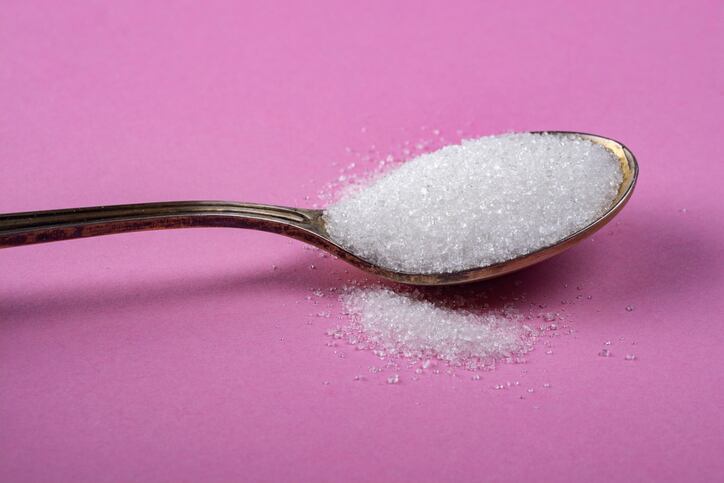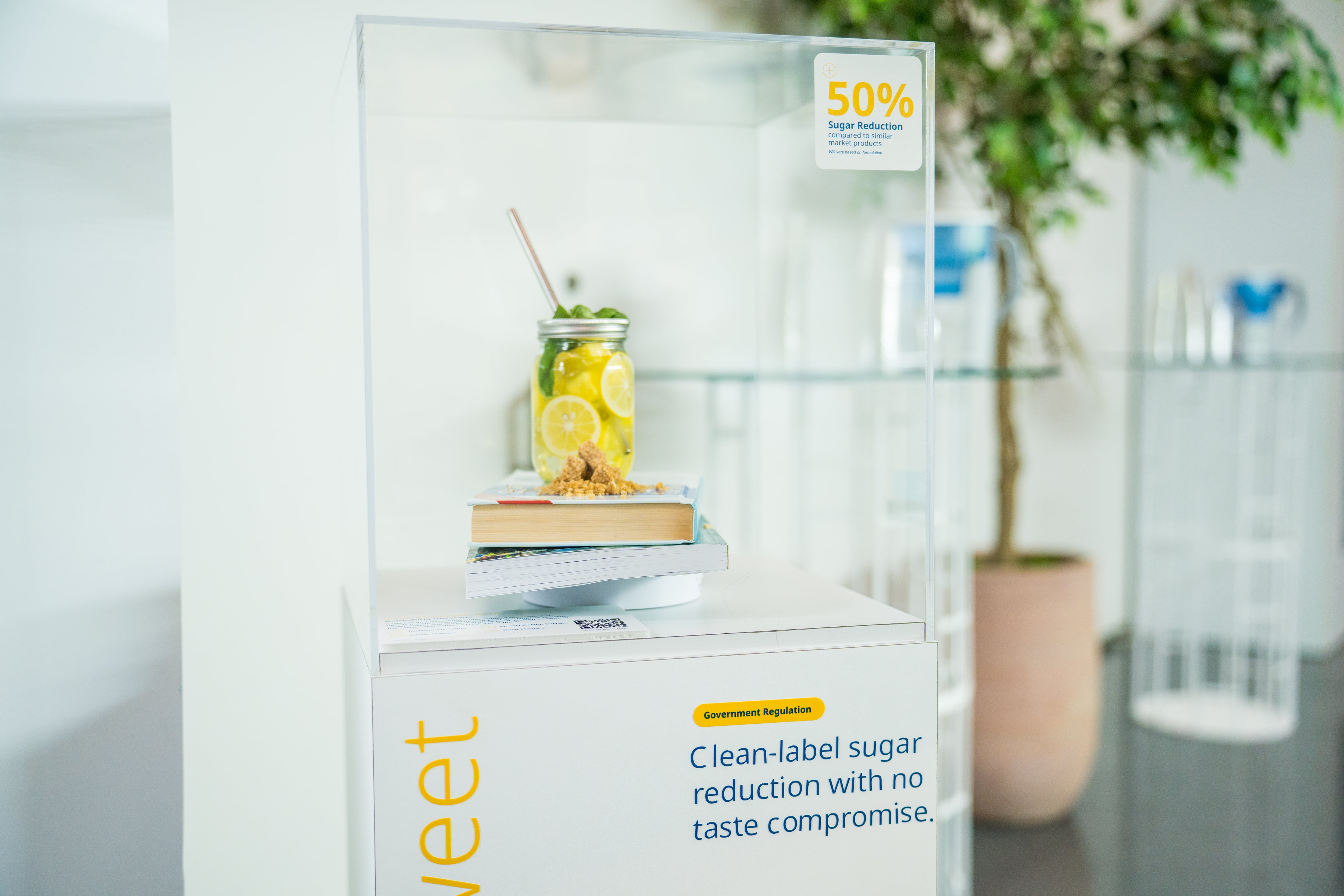Consumers’ relationship with sugar is complicated – to say the least – with many looking to avoid the calories and negative health outcomes associated with it but also unwilling to sacrifice the sweetness they crave.
Luckily, food and beverage manufacturers have a far wider range of sweetening options than ever before. Unluckily, a growing mix of misinformation and politicalization around them mean manufacturers face inevitable tradeoffs if they use them – be it taste, texture or consumer perception of health and safety.
In this month’s special edition – Sweeteners in focus: From sweet proteins to rare sugars – FoodNavigator-USA explores how consumer preferences are changing, what and who are influencing them and how market developments, including technological and scientific advancements, are addressing them.
For example, research by Ingredion suggests that sugar is no longer the benchmark for sweetness and that consumers now prefer the flavor profile of plant-based and blended sweeteners.
Influential retailer Whole Foods Market, however, suggests the opposite may be true and that consumers’ taste preferences are returning to cane sugar – but in lower levels. It argues that consumers’ more ‘mindful’ approach to sweetness is also opening the door for the use of whole fruit, honey and maple syrup for flavor and texture.
Research by retail data science company 84.51° reinforces this notion – showing how it is playing out in the confectionery space, and specifically with relation to Halloween candy.
Sugar does more than offers more than sweetness – it also has functional benefits, like browning, bulking and moisture retention, that can be hard to replicate when removed. But developments by Kerry Group and NotCo suggest these may no longer be the stumbling blocks they once were for formulators exploring alternatives.
The tradeoffs with alternative sweeteners are not just functional or experiential – sometimes they are based in consumer perceptions, fueled by campaigns by public health advocates, influencers and even political leaders. One example is aspartame, which once again finds itself in the crossfire as Yuka brings its fight with the sweetener from Europe to the US.
But what does all this mean in the real world for brands and product innovation? We explore how manufacturers across categories – from beverage to breakfast staples – are walking the tightrope between the demands of consumers, regulators and other influencers.
Check out the details of these stories and more by clicking through on the headlines below, or if you are a FoodNavigator-USA subscriber, by checking your inbox for the special edition on Sweeteners in focus: From sweet proteins to rare sugars.
To receive future special editions via email as well as daily news, weekly podcasts and more, register for free for FoodNavigator-USA’s newsletters. Find out more by clicking the yellow ‘register’ button at the top of our homepage or by visiting https://www.foodnavigator-usa.com/Info/Why-register/.
Sweeteners in focus: From sweet proteins to rare sugars
Sugar is no longer ‘benchmark’ for sweetness as consumer preferences shift to blends – Research by Ingredion suggests a paradigm shift toward plant-based and blended sweeteners over sugar, but consumer confusion about what is ‘natural’ and safe could hinder innovation and sugar reduction efforts
Whole Foods crowns ‘sweet, but make it mindful’ a trend to watch in 2026 – opening the door for real sugar’s comeback – The retailer predicts that consumers will embrace real sugar, but less of it in the new year – driving demand for products sweetened with cane sugar, honey and fruit instead of other alternatives
Sweet shift: Low- and no-sugar candy sales surge as Halloween revelers seek mindful balance – 84.51° data shows households – especially those with children – are driving double- and triple-digit gains in candy made with less sugar and alternative sweeteners
Sugar isn’t the only sweet solution: How modern sweeteners are changing the game – Increasingly sophisticated sweetener systems from companies like Kerry Group and NotCo show sugar is no longer the standard for bulking, browning and moisture retention.
Yuka brings aspartame fight to the US – Report calls for ban on ingredient found in thousands of common food and beverage products
Smithfield leverages honey trend with Mike’s Hot Honey Bacon – Smithfield and Mike’s Hot Honey use honey’s flavor versatility to create bold, on-trend products that engage millennials, Gen Z and sweet-and-spicy enthusiasts
Liquid I.V., IQMIX and G Fuel lead zero-sugar drink mix shift – The $38.7 billion category’s momentum reflects consumer appetite for natural sweeteners, energy and focus




